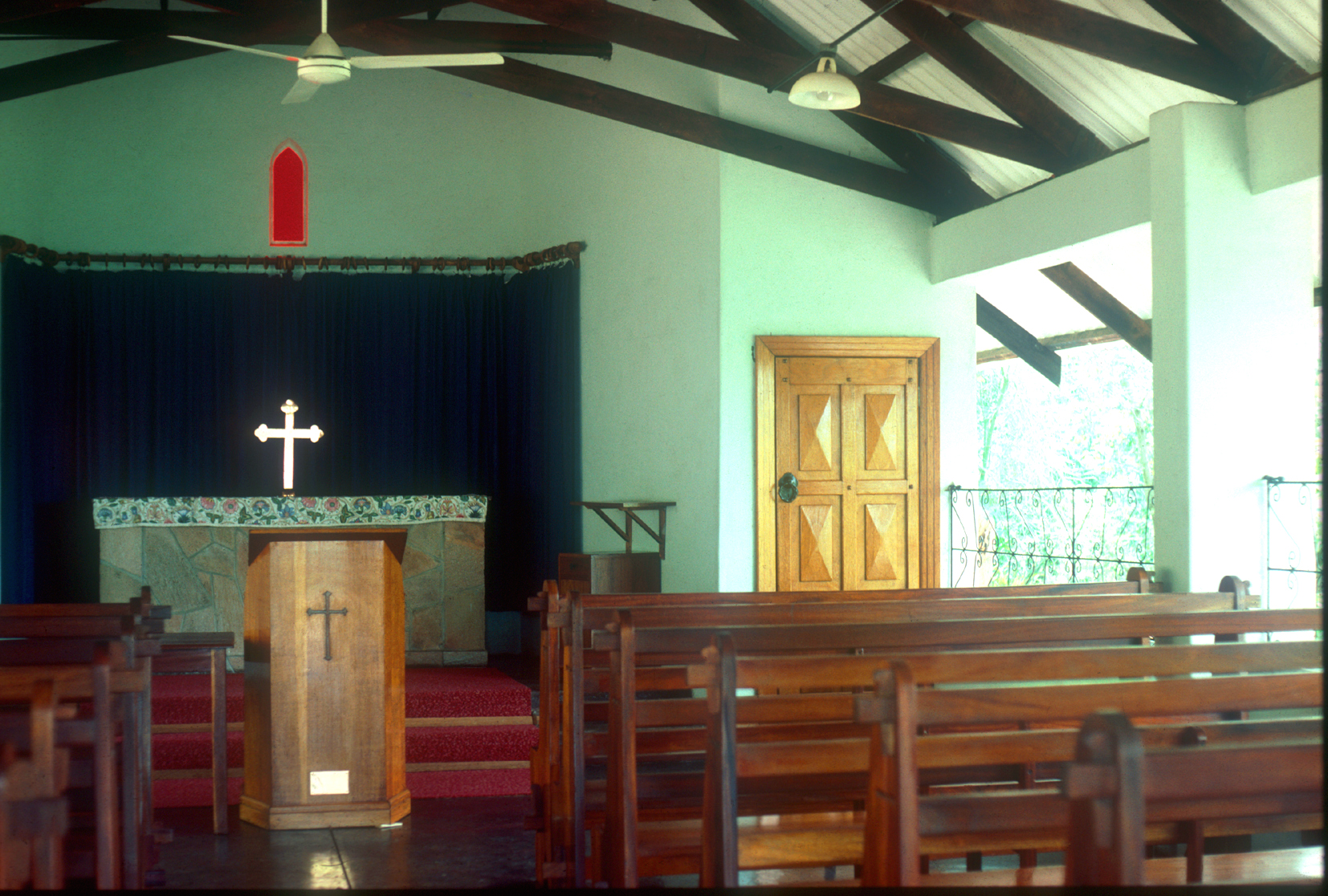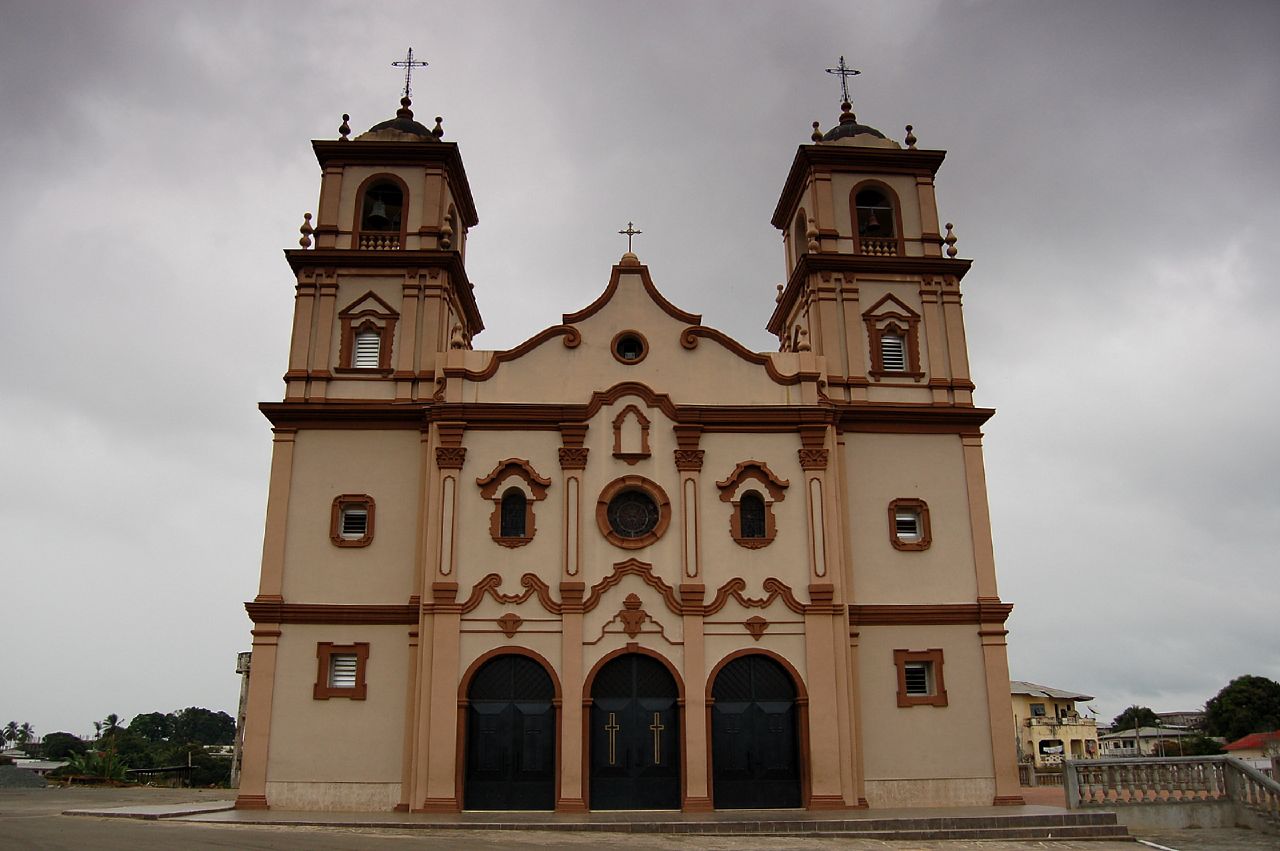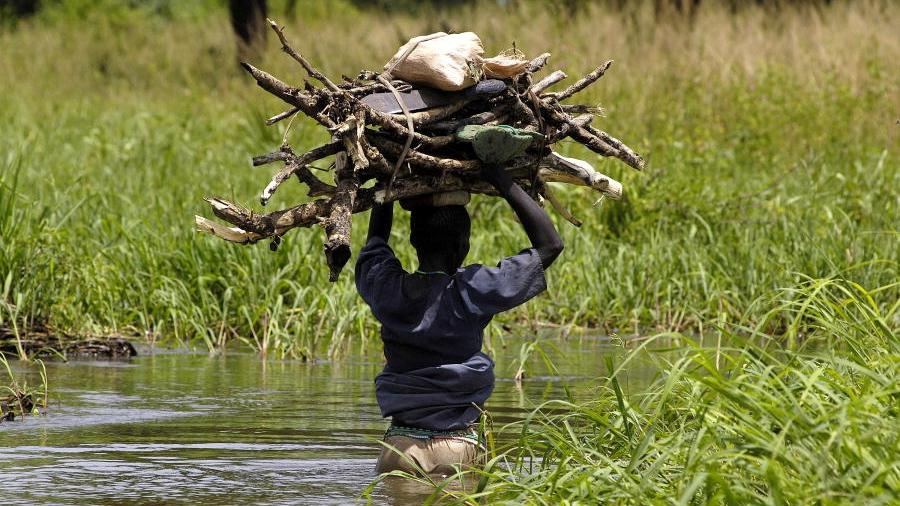Christian nationalism is having a growing influence on politics, which is affecting how people view national cohesion and economic performance, writes Jeffrey Haynes.
In Ghana, Christian nationalism is a significant religious and political ideology. Many of its proponents are Pentecostals or Charismatics, who seek changes in public policy to build God’s kingdom on earth, that is, a Christianised state. Critics believe this poses a serious threat to national cohesion as it vilifies those who have different religious or cultural beliefs. This includes the 20 per cent of Ghanaians who are Muslim, the 5 per cent of the population who are followers of African traditional religions, and Ghana’s LGBTQ+ community.
Ghana is not the only African country affected by Christian nationalism. Zambia was declared a ‘Christian nation’ over 30 years ago and Nigeria’s politics have been significantly influenced by Christians, notably Pentecostals, for more than two decades. Côte d’Ivoire experienced the rise of Christian nationalism in the late 1990s, with significant effects on inter-faith relations. Ethiopia is a religiously plural country, but one where Christian nationalism is said to be ‘tearing the country apart’.
In Ghana, Christian nationalism is often a vehicle for those who espouse ‘dominion theology’, which is “a theological theorem that crosscuts Pentecostal megachurch networks [unfolding] a Pentecostal theory of society and social change. … a master-narrative to exert hegemony over diverse ‘spheres’ of society”. There are several influential Christian nationalists in Ghana, including Archbishop Nicholas Duncan-Williams, general overseer of the mega-church, Action Chapel International Ministry. As in the USA, where dominion theology is also influential among Pentecostals, Duncan-Williams advocates national transformation via political rule by Christians, guided by biblical ‘law’. The overall goal is Christian authority over society and politics.
To establish God’s kingdom on earth is seen as a fulfilment of the Lord’s prayer: ‘Thy kingdom come, thy will be done on earth as it is in heaven’. Duncan-Williams counts both Ghana’s president, Nana Dankwa Akufo-Addo, and former US president Donald Trump, as close friends. Duncan-Williams, who is also a close associate of Paula White-Cain, Donald Trump’s personal theologian, conducted the service at Trump’s presidential inauguration in 2017. In the dominion theologist worldview, there is biblical justification for verbal and increasingly, physical, attacks on Ghana’s LGBTQ+ community. The bible is believed to extol ‘family values’ and to assert the superiority of Christianity over Islam and African traditional religions, which are seen as ‘false religions’ keeping Ghana in ‘darkness’.
Generally, religious leaders in Ghana exhibit significant religious and social power when they are seen as being ‘above politics’. They are also regarded as exhibiting a moral authority widely regarded as representative of the nation, fusing national and religious identity, and drawing on powerful myths about the nation’s religious character. Ideas about a Christian nation are powerful in Ghana. It is not just the domain of the most devout sections of the population, it is widely viewed as integral to national identity which must be maintained.
In the USA, Christian nationalist beliefs fuse with multiple markers of traditional American identity (such as Christianity, whiteness, conservatism) into a single cultural framework that is not limited to devout conservative Evangelicals, although strongly associated with them. In Ghana, Christian nationalist beliefs draw on what are widely believed to be traditional markers of Ghanaian identity including, Christianity, social conservatism, and antagonism to ‘progressive’ ‘Western’ ideas, such as LGBTQ+ equality.
As in other African countries, religion in Ghana is not divorced from everyday experiences of economic and socio-political life, both personal and corporate. For many, maybe most, Ghanaians, religious considerations consistently affect economic pursuits, including when both performance and productivity outcomes fall below public expectations. ‘Appropriate’ religious beliefs and practices are viewed as indispensable to improve economic performance and outcomes. When economies stall, as Ghana’s is currently, Christian nationalists may believe that this is because the country is overrun with evil forces which need to be negated by prayer to request God’s deliverance. Reflecting this, Christian nationalists often espouse dominion theology to try to improve economic outcomes. High-profile Christian nationalists, including Nicholas Duncan-Williams and Mensa Otabil, regularly lead widely reported public events extolling both the virtue of the gospel of prosperity and the importance of Christians directing the economy to ensure the country’s prosperity and economic well-being.
Christian nationalists seek to influence policy via personal relations with power holders. Prominent Christian nationalists have close personal relationships with members of Ghana’s political elite, including the current president, which more generally facilitates access to policymakers. Ghana’s constitution does not allow political parties based on religious or ethnic considerations. This however does not stop Christian nationalists in Ghana, like their counterparts in the USA, from seeking to influence individual politicians. This may be manifested in de facto endorsement of certain politicians when exhorting Christians to vote for one party rather than another.
President Akufo-Addo stands down in January 2025 after two terms in office. Akufo-Addo’s aim is to complete the building of a national cathedral during his presidential tenure, but this project is mired in corruption claims and not currently proceeding. It may however be the case that legislation to further criminalise LGBTQ+ people will become law during his period in office. Thus, at least one key aim of Ghana’s Christian nationalists would be fulfilled.
Christian nationalism in Ghana will not fade away following the end of Akufo-Addo’s presidency. Its proponents are both powerful and well-embedded among Ghana’s political elite in both main parties, and their ideas about how to improve Ghana will find a ready audience among some sections of the society for years to come.
This blog is based on a recently published article ‘Christian Nationalism and Politics in Ghana’ published in Religions.
Photo credit: Andrew Moore used with permission CC BY-SA 2.0 DEED





